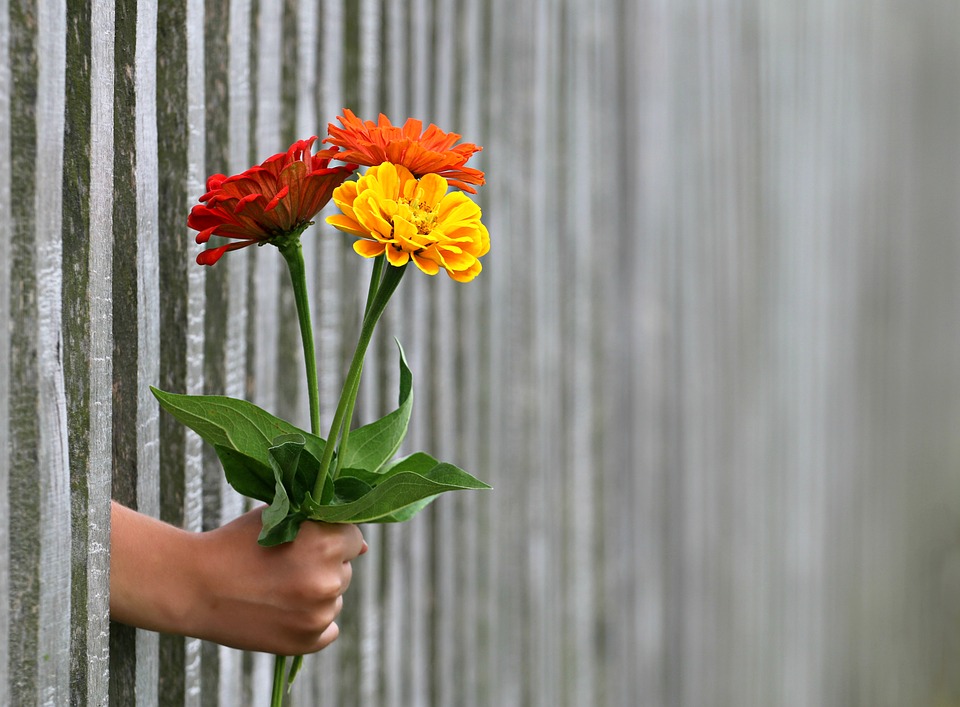How to be Happy with Enough this Holiday

Do you ever wish you could hit a “skip to next track” button on the holidays? I know I have…and I actually enjoy this time of year! Gift-giving, cozy clothes, pretty/shiny things, sparkling trees, dazzling lights…so much magic to it.
But then there’s the (da da dum): stress. While the holidays are supposed to be a time to relax and genuinely appreciate our blessing and loved ones, it’s often filled with a bunch of shoulds.
“I should get my neighbor a gift because he gave me one.”
“I should get my sister a nicer gift this holiday since she always spends so much money on me.”
“I should be happier even though I’m not really feeling it.”
And that’s where we fall into the stress loop: feeling as if we have to pack our home with decorations, buy a ton of gifts and be ho, ho happy, no matter what.
My grandmother gave me advice many years ago. “Be happy with enough,” she said. And its something I always employ during the holidays. Because Christmas is not a contest but a time of appreciation, of gratitude.
So the next time you feel you’re on the holiday rollercoaster of stress, remind yourself to be happy with enough. Don’t overextend. Dare to be present during the holidays instead. Take some time for yourself. Buy yourself that sparkly little something you’ve always wanted as a personal reminder that you count too.
There was a time when people didn’t even exchange gifts but memories instead. Or one gift would be exchanged…and everyone was thrilled with that arrangement. Can you imagine?
So dial it back if the holidays are stressing you out a little. It’s all right to do just enough and no more.




